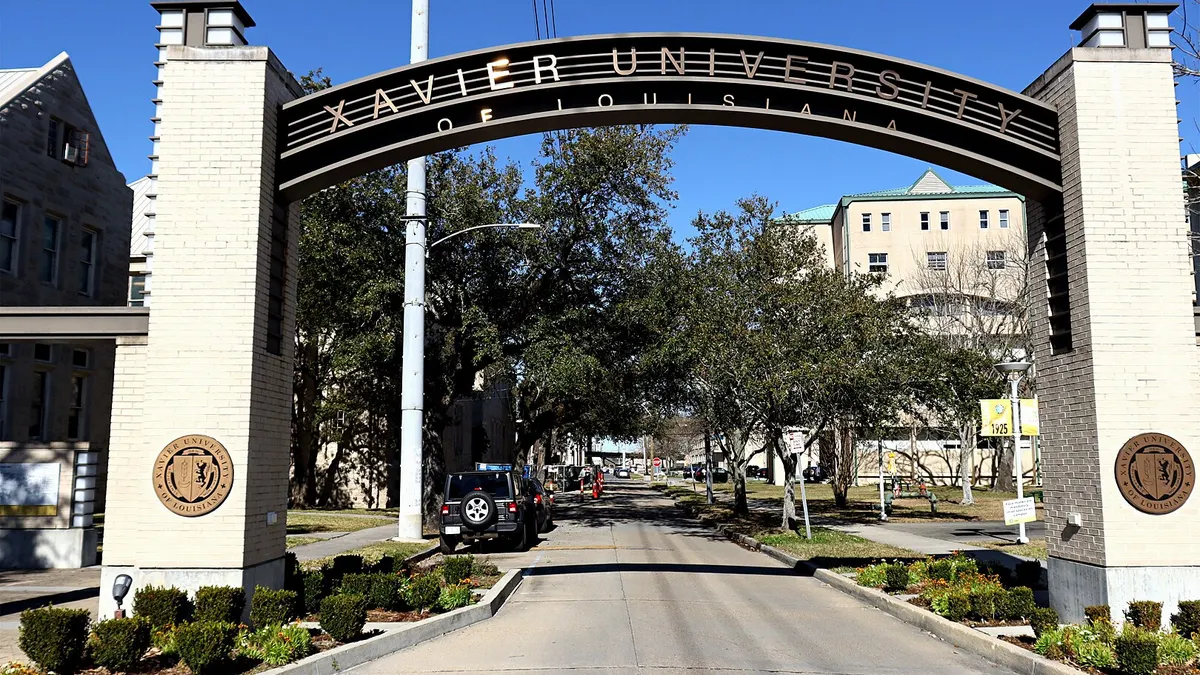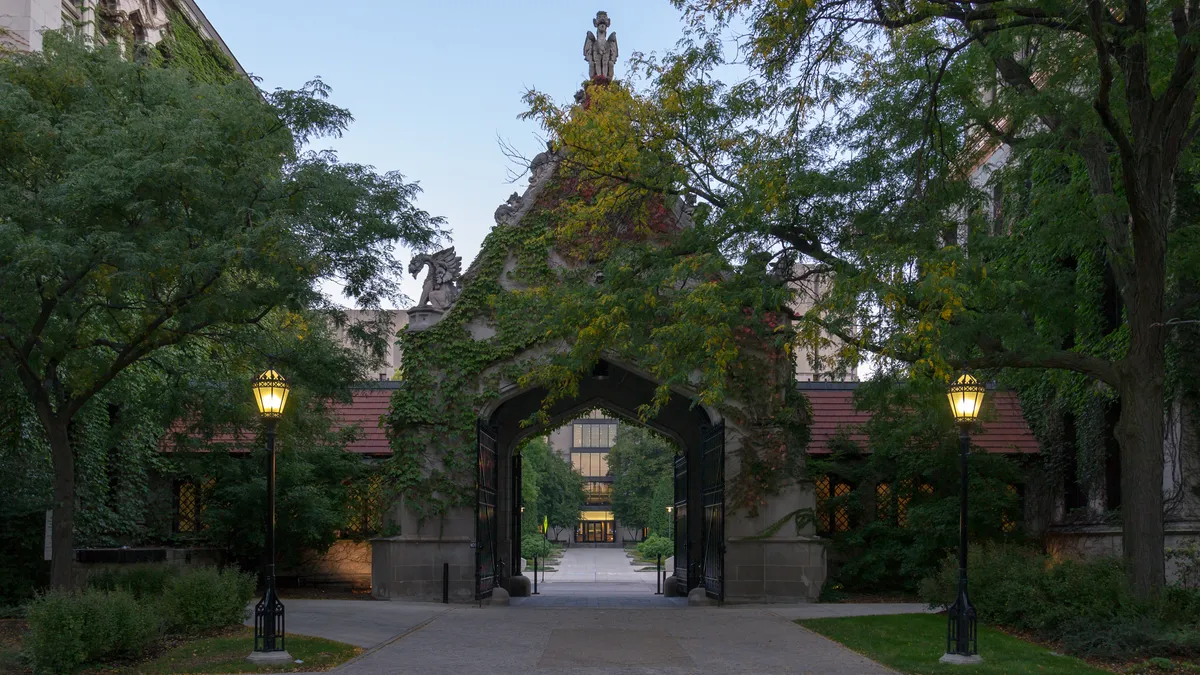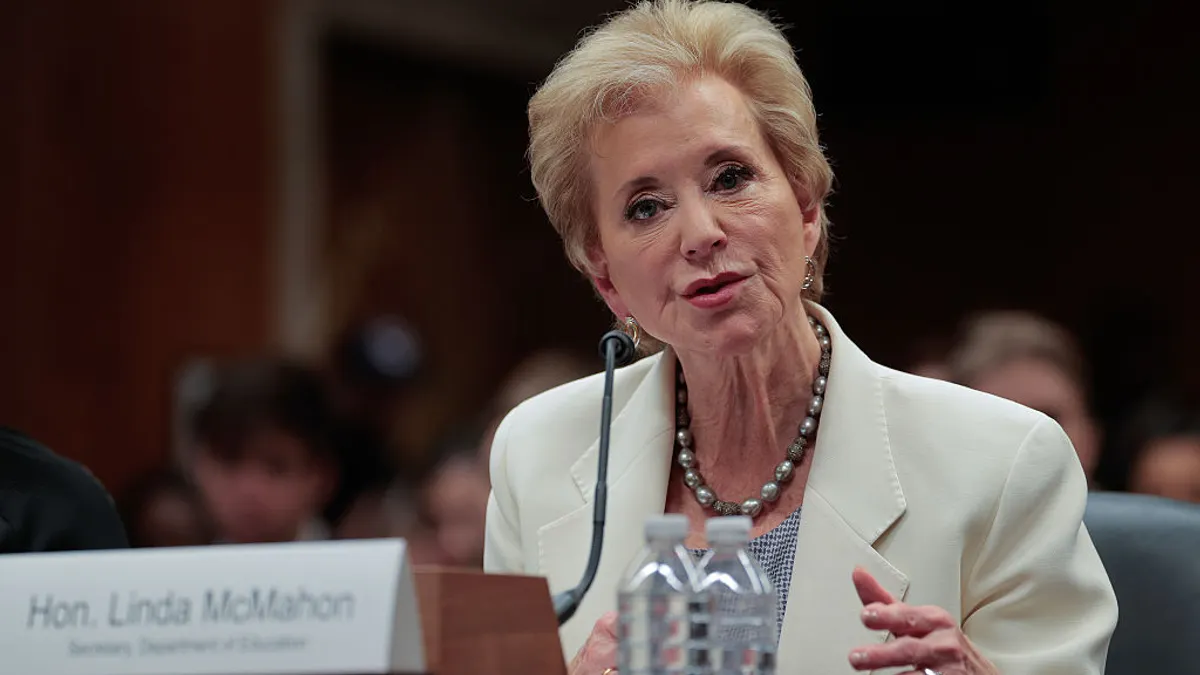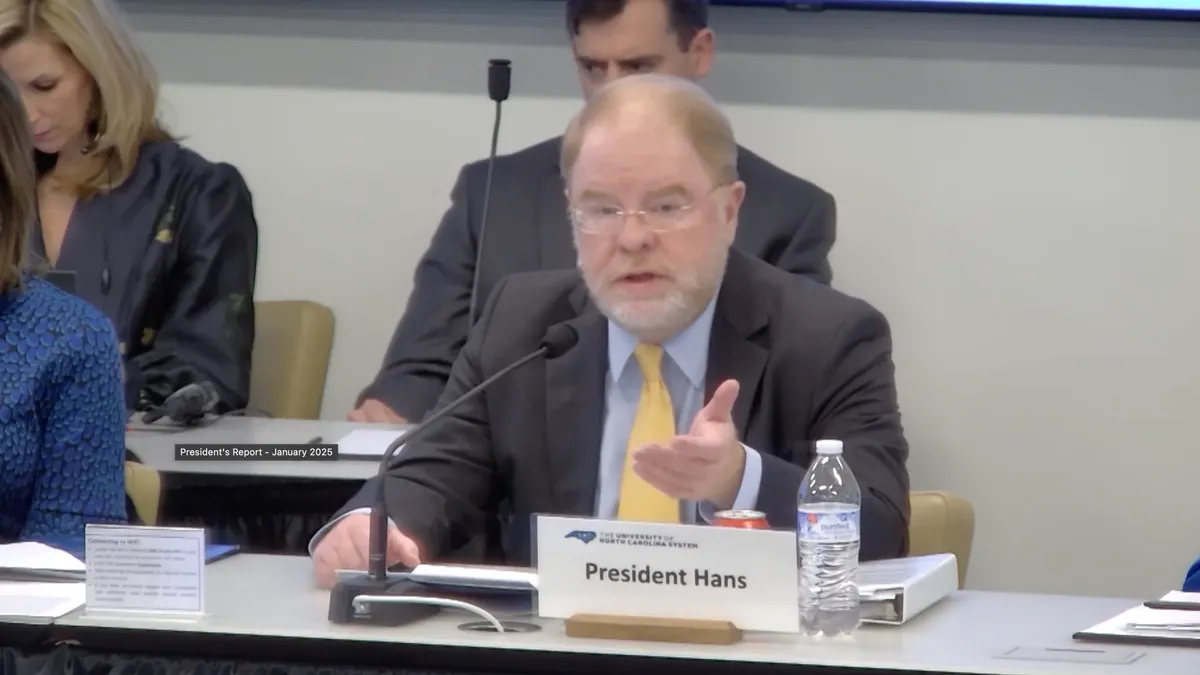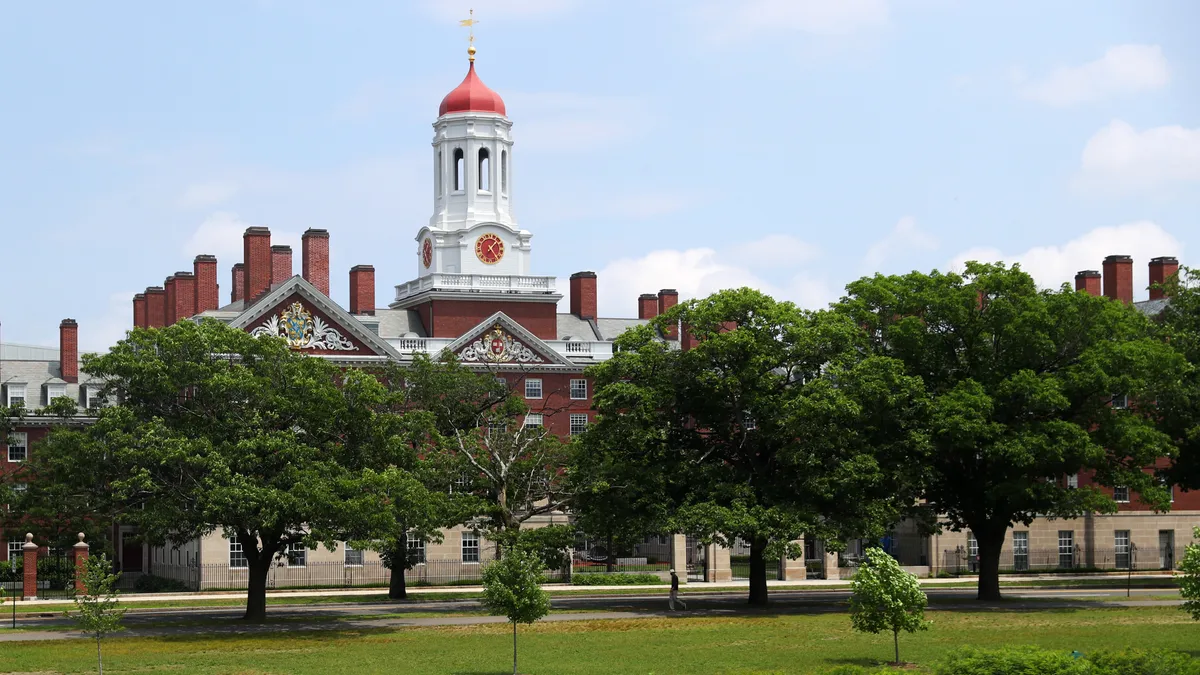Supporters of the Maryland’s four historically black institutions have long alleged grossly inadequate funding. They say program duplications have threatened the comparability and competitiveness of the state’s black institutions and perpetuated the maintenance of a dual system of segregated higher education. The situation is at an impasse, but proposals are currently being weighed on both sides of The Coalition for Equity and Excellence in Maryland Higher Education v. Maryland Higher Education Commission.
Del. Barbara Robinson, chair of the Legislative Black Caucus of Maryland, said the fight over equal funding for the state’s HBCUs extends back at least 34 years and is still an issue on the table during appropriations meetings in the state house.
Robert A. Johnson, Jr., chair of the Department of Mathematics and Computer Science at the University of Maryland Eastern Shore, said, “This movement is about equity.”
“We have long been injured by the state’s unconstitutional, discriminatory and segregative conduct,” he added, pointing out, “The state currently has a $1.2 billion dollar commitment to the University of Maryland System schools,” to distribute across its 11 campus, Johnson said. “However, less than 140 million — less than 12% — are appropriated to the three system” historically Black institutions. (Morgan State University does not fall under the University of Maryland System, however the coalition alleges damage to all four of the state’s historically Black institutions, including Morgan.)
Robinson told a crowd of faculty, staff, students, alumni and other supporters of Maryland’s four historically black universities gathered at the state capital Wednesday to draw attention to an ongoing equity lawsuit in the state, “Everywhere we have a problem with HBCUs … you can see there’s disparate treatment between non-black colleges and those of us who are on the lines trying to build, not only the money, but even making the courses.”
In 2013, U.S. District Court Judge Catherine Blake ruled the state was at fault of unnecessary program duplication. However, Blake found no traceable policies that maintain discriminatory funding practices -- in fact, she ruled that the per-student funding of the HBIs is higher than many of the other system institutions. She did, however, acknowledge a history of discriminatory funding that put the HBIs at a “competitive disadvantage and ordered the two sides work towards a remedy, which would likely include “expansion of mission and program uniqueness and institutional identity at the HBIs” and the “transfer or merger of select high demand programs from [traditionally white institutions] to HBIs.”
The coalition proposed the merger of the University of Baltimore into Morgan State University; the creation of at least two high-demand programming niches at each of the state’s four HBCUs; the elimination or transfer of roughly 80 programs from TWIs — including the conversion of University of Maryland - University College into a state-wide online platform that “eliminate[s] program duplication by UMUC and with respect to online, distance learning, and blended course and program offerings; and the elevation of “Morgan State University’s Identity as the ‘Premier Public Urban Research University’ in Maryland by Merging the University of Baltimore with Morgan State.”
"I'm very much opposed to that proposal," said then-chancellor of the University System of Maryland, Dr. Brit Kirwan, at the time. "I can't imagine how it could work and I think it would be actually very harmful to the state, in terms of workforce development and other issues.
"Universities and programs are not like pieces on a chessboard that can be kind of moved around," he continued.
But Johnson told the assembled crowd Wednesday, “Maryland’s HBCUs deserve to offer high-quality academic programs and services, just as those offered at [the] University of Maryland, College Park, Salisbury, Towson, UMBC and others. We want equity.”
Calling the proposed merger a “far-reaching, risky scheme” with “extraordinary costs” in its counter proposal filed last November, officials from the Maryland Higher Education Commission suggested instead the creation of a $10 million fund to promote collaboration between the state’s HBCUs and its majority institutions and the addition of summer academies to expose high school students to the state’s black institutions.
"Institutions have histories and traditions and programs that interrelate with other programs at the institution, and so I just think this will be very disruptive and very harmful to faculty, staff and students who have chosen to be part of the University of Baltimore,” Kirwan said last May.
With both proposals now submitted, the case awaits the court’s decision on the appropriate route to take. The outcome of this case has far-reaching implications. Already, leaders in Georgia recently conceded to a merger of Darton State into Albany State University, in a preemptive conciliatory move patterned after the UB-Morgan proposal to correct Georgia’s own history of segregated higher education. Supporters of HBCUs in South Carolina and Pennsylvania have filed lawsuits almost identical to the one filed in Maryland. Several other states are considering merger plans and are watching closely for the resolution of the Maryland suit.
“We don’t know how long the court case is going to go on, but we need to put pressure where pressure is needed” — in the legislature, said Dr. Claudia D. Nelson, chair of the faculty senate at Coppin State University.
Morgan Student Government Association President Esther Aribilola, via prepared remarks read by a faculty leader, said, “It is unfortunate and disheartening that we have to rally to keep reminding the world that we matter, that our education matters, our institutions matter and even our lives matter, but understand that this is a fight that we will not surrender. We will continue to fight for better funding, and we will go on to grow the future and lead the world.”
Would you like to see more education news like this in your inbox on a daily basis? Subscribe to our Education Dive email newsletter! You may also want to read Education Dive's look at UT's new approach to addressing sexual assault.


